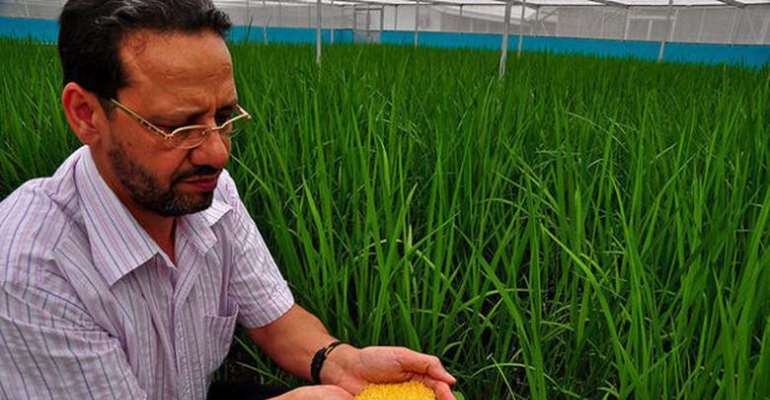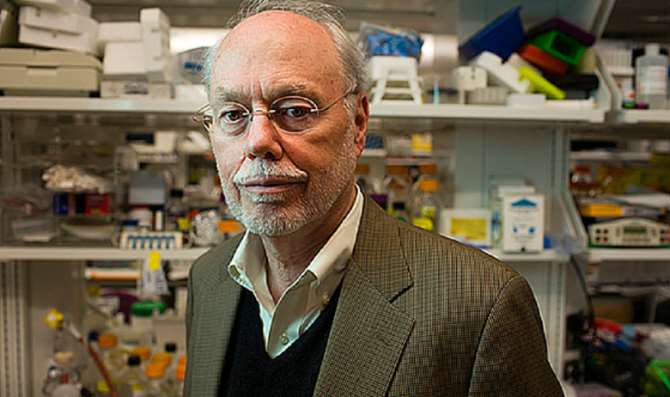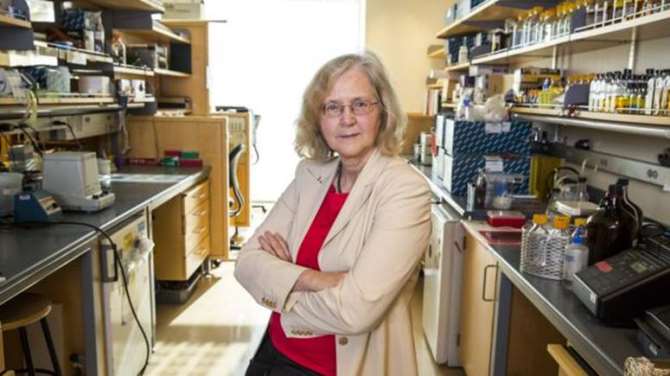Genetically Engineered (GE) Crops’ Risk To Health And The Biodiversity: Real Or Imaginary

Biologists have used genetic engineering since the 1980s in crop plants to alter characteristics such as; higher vitamin content, longer shelf life and resistance to diseases. The only characteristics that have been introduced through genetic engineering into commercial use are those that confer insect resistance and herbicide resistance which were available in fewer than 10 crop species by 2015 (see reports from the Board on Agriculture and Natural Resources authoring committee).
Claims and research that extol both the benefits of and risks posed by GE crops and food have created a confusing landscape for the public and policy makers. Emerging genetic engineering technologies have over the years been subjected to assessment to ascertain what technical and regulatory challenges they may present and how they might contribute to future crop improvement.
Notwithstanding the inherent difficulty of detecting subtle or long-term effects in health or the environment, various studies have found no substantiated evidence of a difference in risks to human health between currently commercialized genetically engineered crop and conventionally bred crops, nor did it find conclusive cause-and-effect evidence of environmental problems from the GE crops. For instance, insect-resistant GE crops contain genes from Bacillus thuringiensis (Bt), a soil bacterium that gives crops a built-in insecticide. Plants with this characteristic can kill targeted insects that ingest them. Besides, the insects have been slow to evolve resistance to Bt. Protein.
Again, Bt. in maize and cotton contributed to a reduction in crop losses from 1996 to 2015, under circumstances where targeted insect pests caused substantial damage to non-Bt varieties and synthetic chemicals could not provide practical control. Yet the planting of Bt. Crops tended to result in higher insect biodiversity than planting similar varieties without the Bt. Trait and using synthetic insecticides.
There are great concerns that the consumption of GE foods may lead to higher incidence of various health conditions which include; gastrointestinal tract illness, cancer, obesity, kidney disease, autism spectrum allergies and others. Epidemiological data examined over time from United States and Canada where GE food has been consumed since the late 1990s, and similar those from the United Kingdom and western Europe where GE food is not widely consumed showed no difference in specific health problems after the introduction of GE foods.
Dr. Elizabeth Blackburn signed the letter condemning Greenpeace's anti-GMO stance. Photo: Ken James
Though GE crops are not able by themselves to affect food security in the future due to the wide challenges that face small holders like soil fertility, storage and market development that need to be addressed to improve crop productivity and decrease post-harvest losses to increase food security. Yet, GE crops have improved productivity and nutritional value and as other technological advances in agriculture, biotechnology according to Professor Walter S. Alhassan (FARA) represents a powerful tool that augment conventional approaches to tackling the future challenge of food security.
Thus, referring to the argument that GM crops will not solve food crisis. It should be noted that the role of resistant gene is to protect the crop and does not increase the yield potential of the variety. The resistance gene is useful only in the presence of a pest that it is supposed to control. In the absence of the pest, the susceptible gene may even out yield the resistant variety because resistance has metabolic cost. But in the presence of the target pest, the susceptible may have a low or zero yield while the resistant cultivar will not experience any yield reduction. Therefore, GM technology has capacity to significantly reduce food crisis.
Hence the reason, Werner Arber, Nobel Laureate 1978, and President, Pontifical Academy of Science stated “Our Academy concluded that recently established methods of preparing transgenic organisms follow natural laws of biological evolution and bear no risks anchored in the methodology of genetic engineering…”. The beneficial prospects for improving widely used nutritional crops can be expected to alleviate the still existing malnutrition and hunger in the human population of the developing world.
While Greenpeace and other organizations oppose genetically engineered food, more than 100 Nobel laureates are taking a stand on the side of GMOs. 110 Nobel laureates have signed a letter urging Greenpeace to end its opposition to genetically modified organisms (GMOs). The letter asks Greenpeace to cease its efforts to block introduction of a genetically engineered strain of rice that supporters say could reduce Vitamin-A deficiencies causing blindness and death in children in the developing world. “We urge Greenpeace and its supporters to re-examine the experience of farmers and consumers worldwide with crops and foods improved through biotechnology, recognize the findings of authoritative scientific bodies and regulatory agencies, and abandon their campaign against 'GMOs' in general and Golden Rice in particular,” the letter states. The letter campaign was organized by Richard Roberts, chief scientific officer of New England Biolabs and, with Phillip Sharp, the winner of the 1993 Nobel Prize in physiology or medicine for the discovery of genetic sequences known.
Roberts said he endorses many other activities of Greenpeace, and said he hopes the group, after reading the letter, would “admit that this is an issue that they got wrong and focus on the stuff that they do well.” Nobel laureate Randy Schekman, a cell biologist at the University of California at Berkeley, told The Post, “I find it surprising that groups that are very supportive of science when it comes to global climate change, or even, for the most part, in the appreciation of the value of vaccination in preventing human disease, yet can be so dismissive of the general views of scientists when it comes to something as important as the world's agricultural future.”
The letter states: Scientific and regulatory agencies around the world have repeatedly and consistently found crops and foods improved through biotechnology to be as safe as, if not safer than those derived from any other method of production. There has never been a single confirmed case of a negative health outcome for humans or animals from their consumption. Their environmental impacts have been shown repeatedly to be less damaging to the environment and a boon to global biodiversity”.
The scientific consensus is that gene editing in a laboratory is not more hazardous than modifications through traditional breeding, and that engineered plants potentially have environmental or health benefits, such as cutting down on the need for pesticides. A report by the National Academies of Sciences, Engineering and Medicine, released in May, said there is no substantiated evidence that GMO crops have sickened people or harmed the environment, but also cautioned that such crops are relatively new and that it is premature to make broad generalizations, positive or negative, about their safety
Read Laureates Letter Supporting Precision Agriculture (GMOs)
Edel-Quinn Agbaegbu is the Executive Director of Every Woman Hope Centre, publishers of Life Care Journal([email protected])



